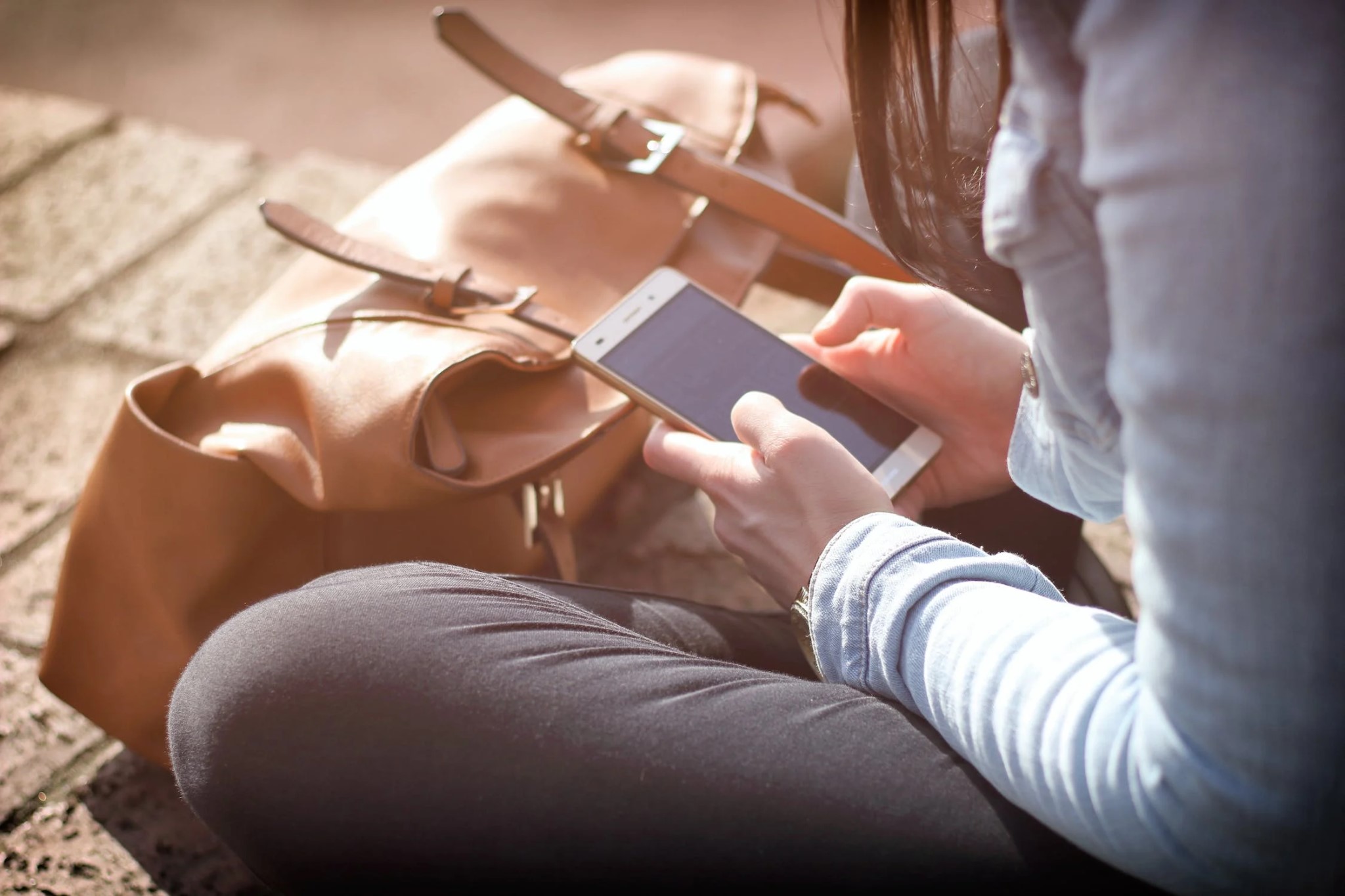Smartphones have become an important part of our daily life. Could you imagine yourself even one hour without your phone? It’s hard to imagine. Well, maybe you can just get out of your home and go shopping, but you would probably need to make the payment through your phone. Or maybe you can lie down and meditate, for which you may need access to your music library, which is the phone. And this list of examples can be extensive indeed.
With this undeniable connection with our smartphones, we have made ourselves vulnerable at some point. As the old saying teaches, you never have to put all the eggs in one basket, and yet store all the sensitive information, including bank cards, family photos, personal documents, and even the tracking information of how much we slept, walked, run, etc., in our phones.
Day-to-day technological improvements do not only care about cool design and big cameras but also safety and security concerning personal data. Some brands, such as Apple, put this priority as a cornerstone in their strategy. We have identified 3 different scenarios when we might endanger our data, but even a little vigilance can help to avoid any concerns.
Gaming and Gambling
Millions of people love gaming every day, many of them regularly play poker games or spin a roulette wheel in online casinos. Others simply enjoy arcades or logical games. Playing games is fun unless you have compromised security issues.
When playing games using applications, make sure to download them from the official app store of your mobile phone. For Android phones, use Google Play, and for iPhones rely on Apple Store as the best built-in guard. Installing verified applications is the first step to avoid any surprises. On the other hand, if you prefer playing on the browser, search and visit only reliable platforms for mobile poker, roulette games, etc. If you play arcade games, visit the official websites where the risk that you could be caught by hackers and identity thieves is reduced.
Games usually have in-app purchase options, which is one of the best ways for developers to earn money. When purchasing virtual currencies, gifts, points, and bonuses, ensure that you make secure payments. Do not use your credit card information on suspicious websites, and in applications prefer using Apple Pay or Google Pay, to not giving financial information to other companies.
Also, don’t allow easily downloading some files or browsing other links through your phone. This way, hackers can try to install malicious software on your device and steal information, track your activities, etc.
Using Maps
Too logical to remind us that to help us to move from our location to another one, map applications need to know our location first, and this is something worth paying attention to. Exercise caution when sharing your location not only with third-party apps but also the maps. In the market, you may find attractive offers to install certain types of maps with easy-to-use and beautiful UX/UI designs. Exercise caution before making a purchase.
iPhone users might not need to download additional maps, since Apple has stringent policies regarding user data protection. If you use other applications, at least get acquainted with the company and how they protect your data.
Another issue is sharing your location publicly on social media platforms or through messengers. Moreover, some people turn on the “Live Tracking” access for friends to find their location, and then forget to turn it off. Would you like to be watched all day? No one would.
Using a Cloud Storage
We stopped printing photos and buying physical albums in the 1990s when the first cloud storage was introduced for personal and business use. Since then, our pictures, documents, and even passwords have been kept somewhere far from us, which is commonly referred to as cloud storage or simply clouds.
To ensure the safety of your data, choose a reliable storage, that would never compromise the customers’ data and trust. While it is understandable that users often opt for low-cost or even free services, it’s important to note that you may end up paying a higher price for such services in the long run.
Secondly, keep your account secure. Set a strong password and enable two-factor authentication. Let your smartphone be the security guardian of the cloud storage, so no one can access it unless they have approval from your phone. This means always having control over what belongs to you. But keep in mind, you can never lose your phone. If that happens, connect to your account from the computer browser and change the setting immediately.
While smartphones can become smarter and more secure, we must take proactive steps to protect our data. Always try to cooperate with your digital safeguard – your phone.
